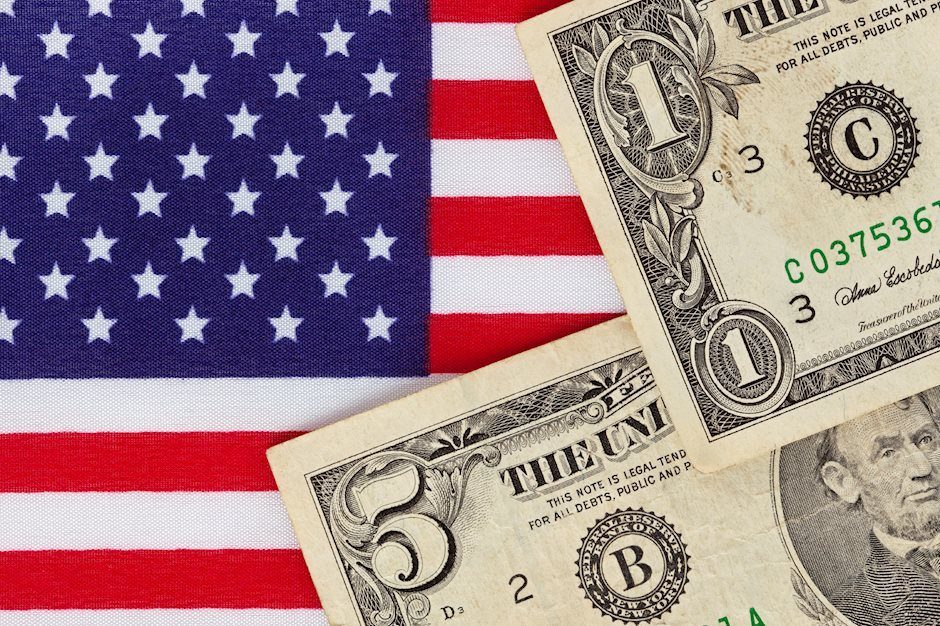El Salvador President warns of Federal Reserve farce: “Confidence in your currency could be lost”

Precious metals markets enter trading for March with gold bulls wondering whether the monetary metal is finally ready to march up to new highs.
Gold spent the first two months of the year locked in a trading range between $2,000 and just under $2,100 per ounce. For now, it continues to be overshadowed by new stock market records. The metals space is also being stifled by the Federal Reserve’s unwillingness to commit to rate cuts.
As of this Friday recording, gold comes in at $2,062 an ounce – up 0.8% for the week. Silver shows a weekly loss of 1.2% to bring spot prices to $22.87 per ounce. Platinum is off 4.4% to trade at $883. And finally, palladium is dipping 2.4% this week to check in at $984 per ounce as of this Friday morning recording.
With price inflation coming down in recent months and the economy holding up according to official government statistics, many Wall Street analysts are heaping praise upon the Federal Reserve.
The Fed has supposedly tamed the very inflation it generated without sending the economy into recession – at least as of yet.
But central bankers are also fueling a dangerous bubble in government debt – one that they are doing nothing to tame.
This year the debt to GDP ratio will exceed 130%. That's a level rarely seen in developed countries except in times of war or other crisis.
The consequences of excessive debt, excessive currency creation, and overbearing government can include hyperinflation and widespread poverty. These consequences have been felt by the people of third world countries in Africa and Latin America.
Hyperinflation ruined the economies of Zimbabwe and Argentina, for example. But now Zimbabwe is considering backing its currency with gold. And Argentina recently elected a free-market economist as president who is working to end the reckless fiscal policies that dragged down the once prosperous country.
El Salvador of all places is rapidly emerging from one of the most troubled countries in the world to one of the most promising.
Last week Salvadoran President Nayib Bukele traveled to Washington DC to give a speech to the Conservative Political Action Conference.
Bukele warned Americans of the dangers posed by globalist elites. He specifically called out left-wing financier George Soros. He also warned that the U.S. dollar is at risk of going down.
Nayib Bukele: Not even those high taxes, higher than a lot of places in the world, not even those taxes are really funding the government. So, who's financing the government? Government is financed by Treasury Bonds, paper. And who buys the treasury bonds? Mostly the Fed. And how does the Fed buy them? By printing money. But what backing does the Fed have for that money being printed? The treasury bonds themselves. So basically, you finance the government by printing money out of thin air. Paper backed with paper. A bubble that will inevitably burst. The situation is even worse than it seems because if most Americans and the rest of the world were to become aware of this farce, confidence in your currency would be lost.
Bukele has irked the Biden administration by promoting Bitcoin as an alternative to U.S. dollar hegemony. El Salvador holds Bitcoin in official reserves and has declared it legal tender in the country.
The cryptocurrency surged above $60,000 this week, helping to boost the value of El Salvador’s bonds.
Bitcoin is an asset class that isn't controlled by governments or global financial elites. But its market value is volatile and the future utility of the digital blockchain is uncertain.
What is certain is that over time, gold will retain purchasing power better than inflationary fiat currency. Precious metals may seem boring compared to Bitcoin at the moment. But physical gold and silver have attributes that no digital asset can replicate. A bullion coin is money in tangible form, and its value does not depend on the internet.
Precious metals are an asset class that governments, central banks, pension funds, and individual investors alike can hold to protect themselves against the ongoing depreciation of the U.S. fiat dollar.
To receive free commentary and analysis on the gold and silver markets, click here to be added to the Money Metals news service.
Author

Mike Gleason
Money Metals Exchange
Mike Gleason is a Director with Money Metals Exchange, a national precious metals dealer with over 500,000 customers.

















